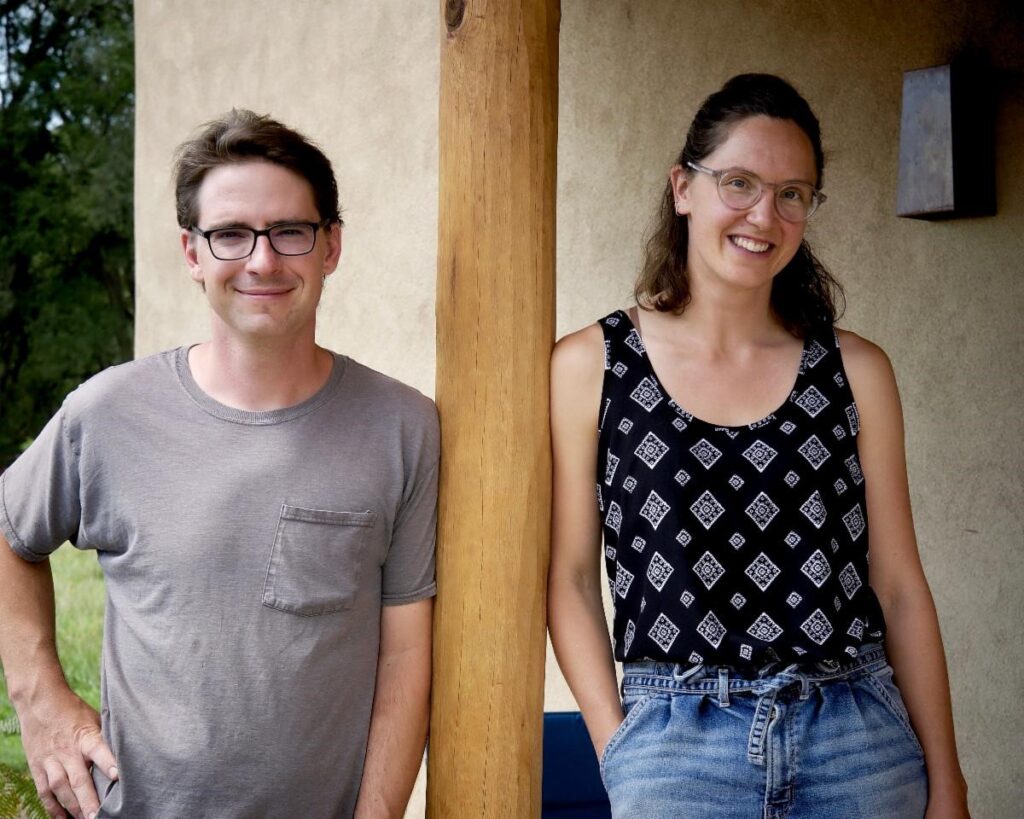Global Entrepreneurship Week celebrates entrepreneurship during the second week of November — from November 14 through 20 in 2022. Started in the U.S. and U.K. by the Ewing Marion Kauffman Foundation in 2008, GEW has grown to be a truly global endeavor with events taking place in more than 165 countries — including here in New Mexico.
Continue readingTag Archives: New Mexico business
STEP Grants Help Businesses Begin Exporting
The New Mexico State Trade Expansion Program (STEP) helps businesses expand into new markets or begin exporting by reimbursing eligible costs such as securing foreign trade show booth space, hiring interpreters, and attending export training programs. The program also offers the U.S. Department of Commerce’s Gold Key matchmaking services in major markets abroad.
Continue readingBusiness Leaders Connect
Business leaders can connect with entrepreneurs at one of the many Mfg Day events taking place in New Mexico during October.
Continue readingThe Loan Fund Fuels Adobe Tradition
Albuquerque Joinery is a small design-build company that specializes in new home construction using traditional adobe building techniques and fine carpentry.
Kenny DeLapp and Esther Fredrickson launched the business in February 2020 after building their own adobe home in Albuquerque’s South Valley. Built under an owner-builder permit, their 1,600 square foot home is a showcase of modern construction and traditional materials with brick floors, exposed vigas, adobe mud plaster walls, and site-built solid wood doors.
DeLapp, who is skilled in masonry and fine carpentry, learned traditional building techniques while working with his uncle Win, a long-time adobe builder known for custom furniture, cabinets, and museum exhibits.
Continue readingBusiness Incubator Opens in Valencia County
Valencia County small businesses and startups have another resource to help them grow their businesses. The Valencia County Business Incubator (VCBI), located at 360 Rio Communities Blvd. in the City of Rio Communities, opened in August 2022 to provide consulting, mentoring, and seminars, in addition to office space and workstations.
Continue readingProtect Your IP
According to legalzoom.com, “Intellectual property rights are the ownership rights you have over things that you create as a result of your original ideas.”
As entrepreneurship has grown in New Mexico, so have the number of resources available to help innovators protect the economic value of their intellectual property.
Continue readingWESST Helps Hobbyists Become Business Owners
According to Brad Crowson, a former regional program coordinator at WESST, more than 70 percent of business registrations in Rio Rancho are for home-based businesses. Crowson, who worked one-on-one with new and aspiring small-business owners as a consultant for the nonprofit business development organization, believes the home-based business trend is supported by the widespread availability of high-speed internet, among other factors.
“It’s also, in most cases, fairly low-risk financially and offers significant upside potential for both personal fulfillment and income generation — not to mention terrific tax benefits if structured properly,” Crowson said in a recent WESST blog post.
Many people engage in home-based hobby activities that turn into a source of income; however, to claim tax benefits referred to by Crowson, individuals must demonstrate to the Internal Revenue Service that their activities are intended to make a profit.
Continue readingNew Program Offers Loans to Cannabis Businesses
Until cannabis is legalized by the U.S. federal government, cannabis businesses have limited banking and loan options. But access to capital in New Mexico has improved since legislators authorized the New Mexico Finance Authority to offer microloans of up to $250,000 to small businesses engaged in the sale or production of cannabis.
Continue readingGrants for Tribal Businesses
The Regional Development Corporation is offering grants of up to $8,000 to businesses that are 51 percent or more owned by a Northern New Mexico tribal member to grow, diversify revenue, leverage other investments, create new jobs, and put systems in place that lead to growth.
Continue readingState Lowers GRT Rate
The gross receipts tax rate was decreased by .125 percent by the State of New Mexico effective July 1, 2022. The decrease affects every business and purchaser in the state. Often thought of as a sales tax, GRT is slightly different because it applies to the sale of services, as well as tangible items.
Continue reading

